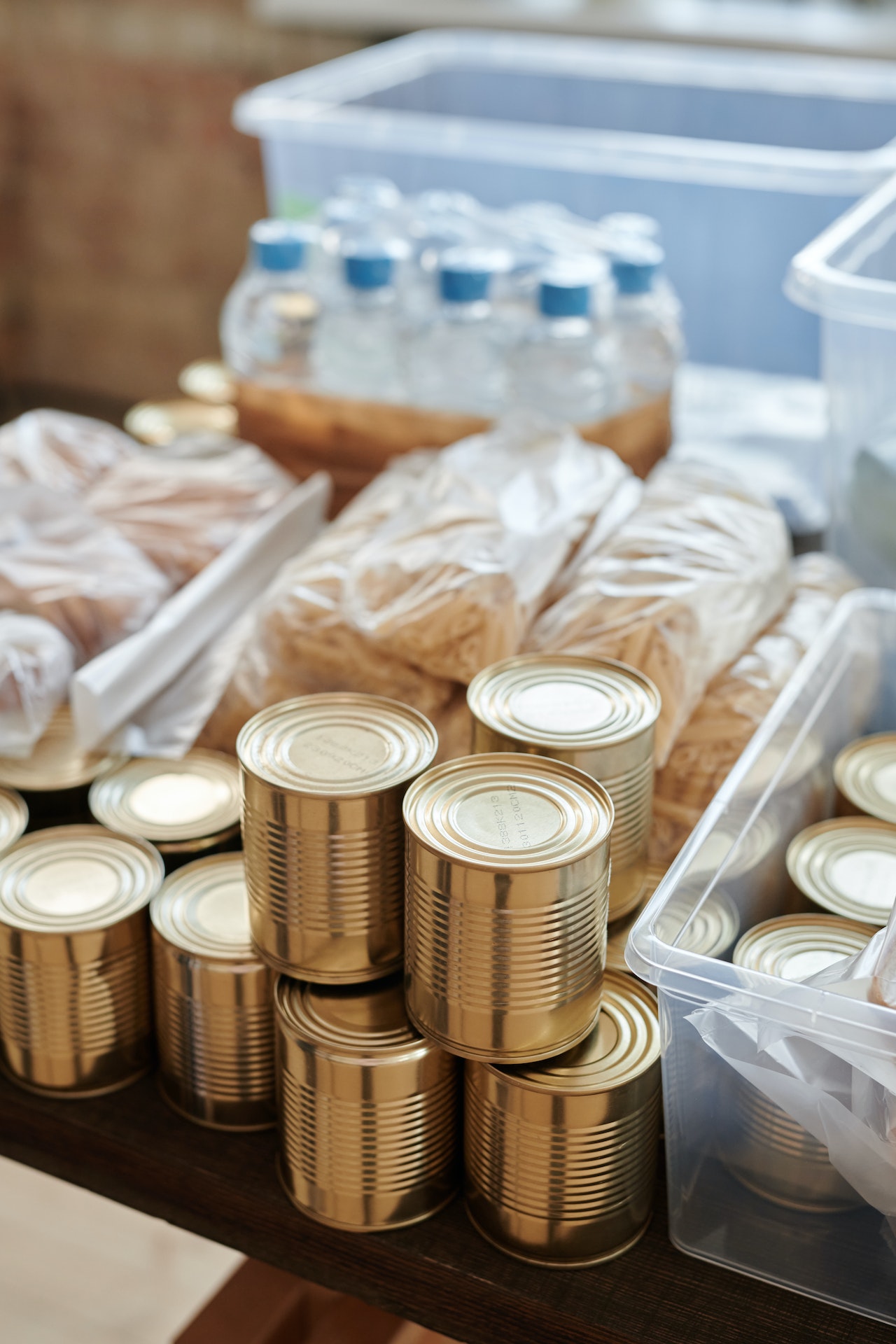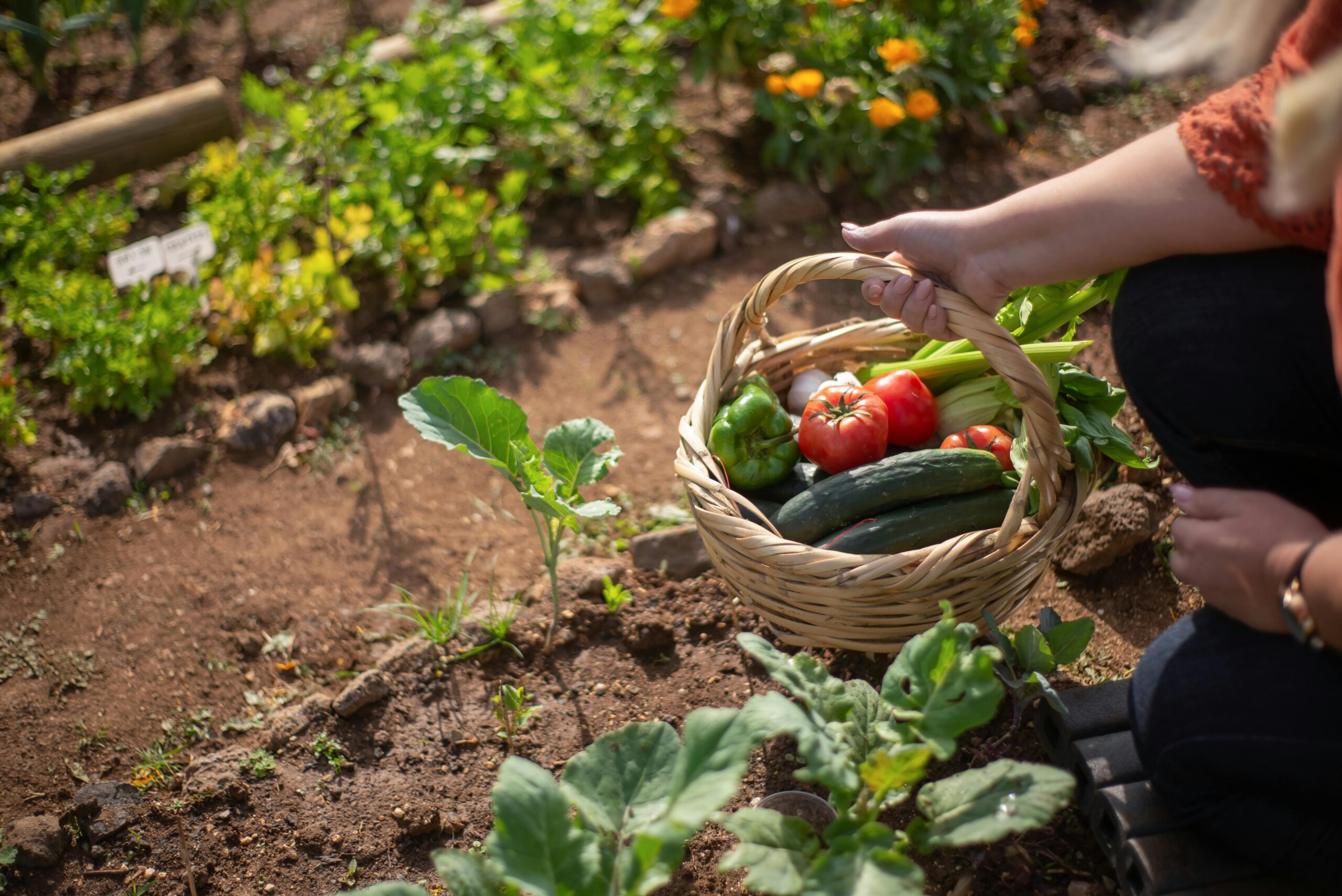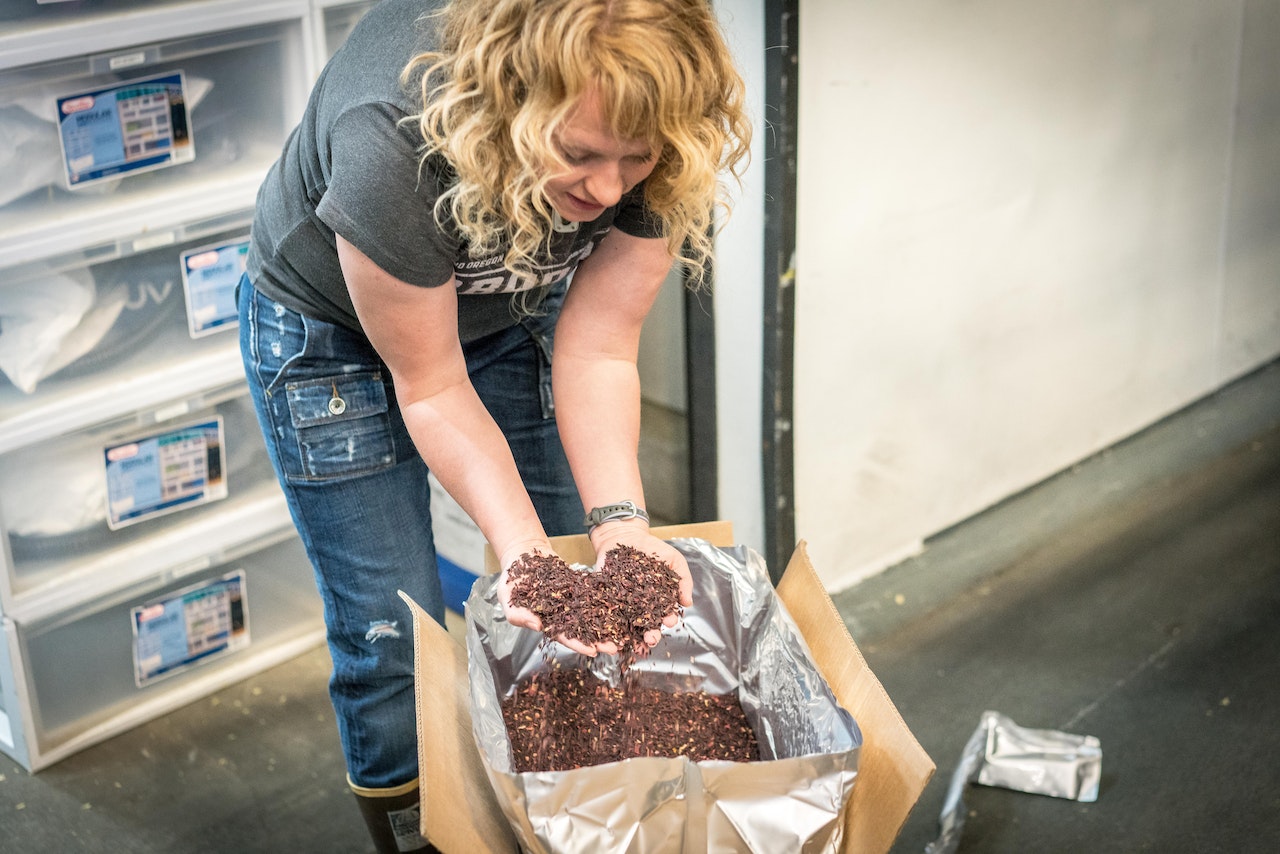Photo by: Julia M Cameron Source: Pexels
Prepping is more than just stocking up on supplies or building a bunker; it’s a lifestyle choice centered on readiness and resilience. Those who commit to prepping understand that it’s a journey, a dedication to safeguarding oneself and loved ones from unforeseen challenges. At the heart of this are the five most critical concepts of prepping. Let’s dive deep into each to provide a thorough understanding of their significance.
1. Mindset and Knowledge:
The most valuable tool you possess is your mind. Your mental resilience, adaptability, and knowledge will determine your ability to survive more than any piece of gear.
- Adaptability: No matter how much we plan, unexpected challenges will arise. The ability to adapt, innovate, and find solutions with limited resources is vital.
- Continuous Learning: Regularly update your knowledge. Attend survival workshops, read books, watch documentaries, and always be in the loop.
- Mental Toughness: Stress, panic, and fear can be debilitating. Training yourself mentally ensures you remain calm, make effective decisions, and persevere.
Action Steps:
- Undertake wilderness survival courses.
- Regular meditation can help in stress management and decision-making during crises.
- Engage in activities that push your boundaries, like hiking, camping, or even puzzles that challenge your problem-solving skills.
2. Water and Food Security:
Without water and food, survival becomes a ticking clock. Having a stable and renewable source of both is paramount.
- Water: The human body can survive only three days without water. Stockpile water, but more importantly, have ways to purify and source new water.
- Food: Stock non-perishable food items, but also invest in long-term solutions like gardening, hunting, and fishing skills.
Action Steps:
- Store water in safe containers. Rotate and refresh your stock regularly.
- Learn water purification methods: boiling, chemical treatment, and filters.
- Grow a vegetable garden. Start small with herbs, then expand to vegetables and fruits.
- Learn preservation techniques: canning, pickling, and dehydration.
3. Shelter and Security:
In a crisis, a safe shelter is your immediate sanctuary. Moreover, the security of this shelter, and of your loved ones, cannot be overstated.
- Shelter: Understand the principles of creating shelters in various environments, whether it’s using your home, building a temporary one, or improvising.
- Security: This involves both physical safety measures (like fortifications and alarms) and personal security (self-defense and firearm training, if you’re so inclined).
Action Steps:
- Reinforce your home: Secure windows, doors, and other entry points.
- Learn to build temporary shelters using tarps, logs, or even snow, depending on the environment.
- Undertake self-defense classes. Familiarize yourself with basic protective tools, from pepper sprays to more advanced equipment.
4. Health and Hygiene:
Your health and hygiene are often overlooked but are vital. Without proper health, all the supplies in the world won’t save you.
- First Aid: Understand basic first aid procedures. Know how to treat wounds, burns, and fractures.
- Medication: Stock up on essential medications, both prescription and over-the-counter. This includes pain relievers, antibiotics, and any chronic condition medications.
- Hygiene: Keeping clean can prevent numerous diseases. Ensure you have sanitation supplies like soaps, hand sanitizers, and basic toilet solutions.
Action Steps:
- Attend first aid courses regularly.
- Prepare a comprehensive first aid kit. Check and update its contents often.
- Stockpile hygiene products. In scenarios where water is scarce, even baby wipes can be a boon.
5. Communication and Community:
Humans are social creatures. In crises, being part of a community and having communication methods can make the difference.
- Communication: Radios, flares, and even simple whistles can be crucial in emergencies. Being able to contact others or signal for help is essential.
- Community: Building a community of like-minded preppers can be an invaluable resource. Pooling resources, skills, and knowledge can increase everyone’s chances of survival.
Action Steps:
- Invest in a good quality hand-crank or battery-powered radio.
- Familiarize yourself with Morse code and other basic signaling techniques.
- Join local prepper communities. Attend meetings, participate in group activities, and share knowledge.
Conclusion:
The foundation of prepping revolves around readiness for the unexpected. The five pillars discussed here – mindset, food and water, shelter and security, health and hygiene, and communication – offer a holistic approach to survival. While it’s essential to stockpile and prepare, remember that adaptability and community often play as significant a role as any gear or supply. Equip your mind, prepare your surroundings, and stay connected. Survival isn’t about enduring alone; it’s about thriving together.



